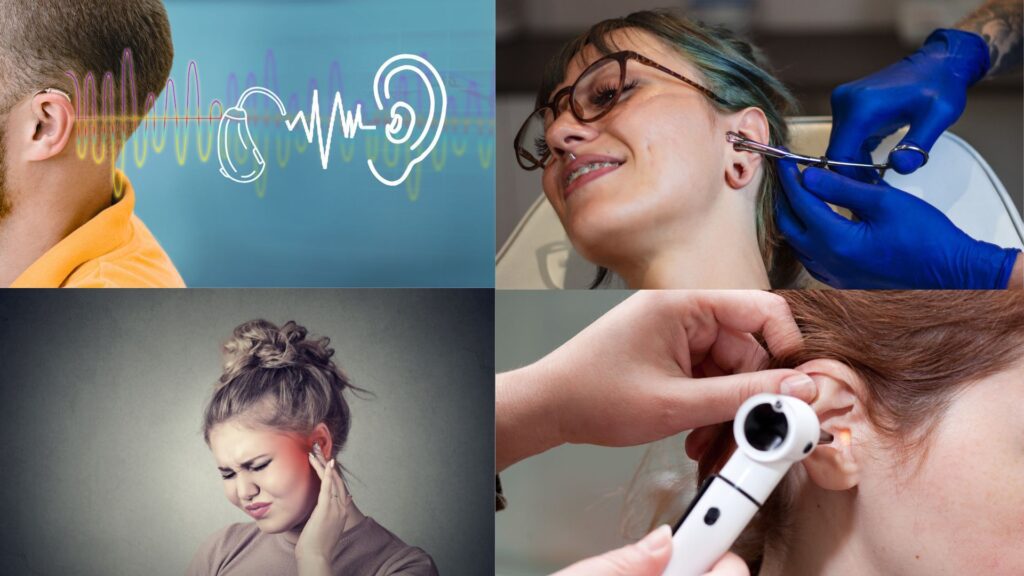Our ears are incredibly vital yet often neglected parts of our bodies. They not only allow us to hear but also play an important role in balance. But do you know the best practices to take care of your ears? In this article, we’ll dive into the critical aspects of ear health and hygiene, providing helpful advice and strategies along the way.
Understanding Your Ears
Structure of the Ears
Our ears are divided into three main parts: the outer ear, the middle ear, and the inner ear. Each part performs a specific function in the process of hearing and maintaining balance.
Importance of Ears
Ears are not only crucial for hearing but also help us maintain balance and spatial orientation. They also connect us with our environment and contribute to our overall well-being.
Why is Ear Care Important?
Hearing and Overall Health
Our ears are constantly exposed to various harmful elements, which can affect our hearing and overall health. Regular ear care is vital to maintaining good hearing and avoiding related health issues.
Risks of Poor Ear Care
Neglecting ear care can lead to several problems, such as hearing loss, ear infections, tinnitus, and even balance disorders.
Effective Ways to Take Care of Your Ears
Regular Cleaning
Contrary to popular belief, cleaning your ears doesn’t mean you have to use cotton swabs. In fact, they can push wax deeper into your ear. A safe way to clean your ears is by wiping the outer ear with a warm, damp cloth.
Protection from Loud Noises
Protecting your ears from loud noises can help prevent hearing loss. This can be done by wearing earplugs or noise-cancelling headphones in loud environments.
Regular Check-ups
Having regular ear check-ups is crucial in preventing and detecting any potential ear problems.
What to Expect in an Ear Check-up
During an ear check-up, the doctor will examine your ears, ask about your symptoms, and possibly perform a hearing test.
Healthy Habits for Ear Health
Diet and Exercise
A balanced diet rich in vitamins and minerals can help maintain good ear health. Regular exercise can also improve blood flow to the ears, contributing to their overall health.
Avoiding Certain Medications
Certain medications can be harmful to your ears. Always consult with your healthcare provider about the potential side effects of medications.
Signs of Ear Health Problems
Common signs of ear problems include hearing loss, ear pain, dizziness, and ringing in the ears. If you experience any of these symptoms, seek medical help immediately.
When to Seek Medical Help
If you notice any changes in your hearing or experience ear pain, it’s important to seek medical attention immediately. Your doctor can diagnose the issue and provide the necessary treatment.
Conclusion
In conclusion, taking care of your ears involves understanding their structure and importance, recognizing the risks of neglect, and practicing good ear care habits. Regular check-ups, protecting your ears from loud noises, and maintaining a healthy lifestyle are crucial for keeping your ears healthy.
FAQs
How often should I get my ears checked?
It’s recommended to have your ears checked once a year or as often as your healthcare provider advises.
Can I clean my ears with cotton swabs?
No, it’s not recommended as they can push wax deeper into your ear.
How can I protect my ears from loud noise?
You can wear earplugs or noise-cancelling headphones to protect your ears from loud noises.
What are some signs of ear health problems?
Common signs include hearing loss, ear pain, dizziness, and ringing in the ears.
What lifestyle changes can improve ear health?
A balanced diet, regular exercise, and avoiding loud noises can significantly improve ear health.





